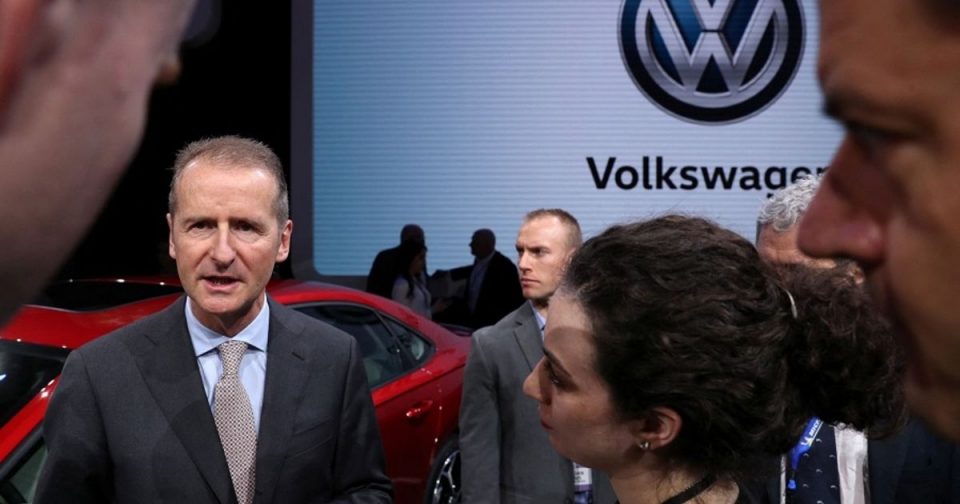VW warned last week that it was feeling the impact of rising prices and supply chain bottlenecks, with deliveries in March down 37 percent from last year.
A shortage of wire harnesses produced in Ukraine delayed the launch of its ID5 electric crossover to May from April, and on-and-off lockdowns in China are hampering output at a time when the automaker is attempting to drive up electric vehicle sales in the country.
Diess said the automaker’s board saw boosting its China business, growing software division Cariad and reorganizing its brand leadership structure as the most pressing issues facing the automaker.
China accounts for around 40 percent of VW’s sales but the automaker is far behind local competitors in the electric vehicle market, just missing its target of selling 80,000 to 100,000 EVs in the country last year.
Diess said VW will release more details in coming weeks on exactly how responsibilities will be divided up as the group evolves from a classic OEM to a vertically integrated mobility company.
“Our competitors are no longer called Mercedes-Benz, Toyota Motor Corporation or Stellantis, but Tesla, Foxconn, Apple, LG Electronics, Uber etc.,” he said.
Mercedes-Benz Chief Technology Officer Markus Schaefer said last week that the automaker was tightening its supply chains in light of global bottlenecks.


